Yesterday we talked about the stress cup which workouts and all the demands of life fill. We went into how that stress cup can be made bigger or smaller.
Today, I want to dive a bit deeper into the systems of the body and how these relate to training.
While the stress cup is a useful metaphor, as I stated earlier it is incomplete. One thing to recognize is that different systems in your body, while dependent on each other, also have some independence.
Let’s just talk three systems to make this easier: the muscular system, the endocrine (hormone) system and the nervous system.
From a workout, your muscles could be quite sore, but overall your endocrine and nervous systems are good to go.
Or your nervous system could be burned out from mental stress in any area of life. Even though your muscles might be 100% fresh, you could find your workouts lagging.
Maybe your muscles and nervous system are doing fine but your endocrine system is all messed up. If your testosterone is extremely low, you similarly will not be performing well.
And that points out that each of these systems has components (testosterone, estrogen, DHT, cortisol, etc.) that we could reduce down and look at further.
Here’s one thing to understand about all this. Different types of training may affect the systems a bit differently.
Going for a long run may not impact your muscles much, but it will cause a hormonal effect.
Squeezing a heavy gripper does not impact your muscles or hormones all that much, but it takes a lot more nervous system energy than most people realize.
Barbell back squats take a bit of everything. But overall, it is more muscular but less nervous than a deadlift as an example. The squat may even have a slightly stronger anabolic response.
Nor is it just about the type of exercise or training. Intensity, duration and frequency all play into it.
Although heavy deadlifts, or a whole lot of them, can drain your nervous system, doing the same exercise but lighter and less so, may actually help restore the same system.
Doing hill sprints is great for your endocrine system. It might be one of the best exercises for things like GH and other anabolic hormones. But do too much, or have too many other stressors in your life, and you could go overboard. The long run I previously mentioned, that’s a good way to elevate cortisol, which many already have chronically elevated.
A max lift in just about anything will tax your nervous system more so than a moderate weight lifted for reps. But the latter does much more to your muscular system.
Is your mind spinning yet with all the factors to keep track of and the possibilities?
All of this is important, but that doesn’t mean you need to try to figure it all out.
This is why listening to your body is a crucial skill. The subconscious mind, which includes all of your body and all these systems can “crunch more data” than you possibly consciously can. Then, when you listen to the signals your body provides, it won’t matter so much what caused the issue, you’ll be given the green light or red light.
See Beyond Biofeedback for the step-by-step system I use.
What started this series is a great question, but as I said it’s not an easy question to answer because it depends on so much.
The good news is that there are ways to specifically help support the muscular system, the nervous system, and the endocrine system. More on that inside of the Ultimate Recovery Formula.

